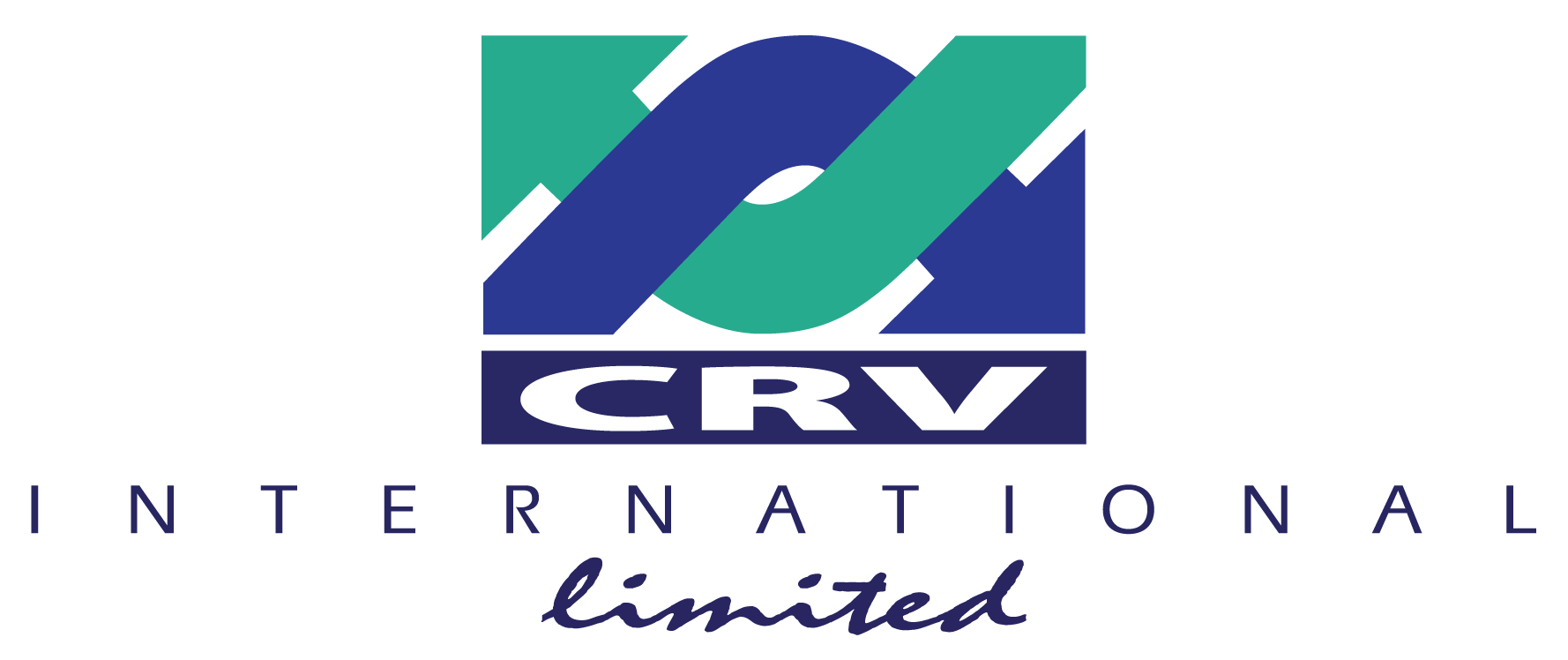Malta has an ample and strict legislation regarding the establishment of catering facilities. One of the most complex laws on restaurants in Malta is the Subsidiary Legislation 409.15 that presents food establishment regulations enabled by the Malta Travel and Tourism Services Act.
Catering categories in Malta
Food establishments in Malta are subject to five distinct catering categories. Maltese restaurants are divided into first, second and third class establishments, snack bars and bars are divided into first and second class establishments, while nightclubs and kiosks can only be standard.
Before being issued the class establishments, it is compulsory for all restaurants and bars to meet the standard requirements. Considering the schedules of the Catering Establishment Act, according to the provisions of class establishments, all types of food facilities should be equipped with the following:
- – outside the establishment, the name and the menu must be clearly stated and lit,
- – the entrance in the facility must be clean,
- – first class establishments must have telephones,
- – first and second class establishment must have elevators if the building is three or more storeys high,
- – the menu will contain all the available dishes with additional prices if necessary,
- – the menu must also be translated into English,
- – depending on the class, Maltese restaurants must also have different menus for wines, deserts, lunch and dinner menus or a la carte menus,
- – also according to the class, restaurants are required a certain space for the dining area and non-smoking spaces.
All types of food establishments are subject to the same safety, cleaning, food storage and preparation regulations.
Obtaining the catering establishment license in Malta
The first step when wanting to set up a restaurant in Malta is to apply for a catering establishment license with the Malta Tourism Authority (MTA). Obtaining this type of license does not take more than 20 days, if all the requirements are met. The documents to be submitted with the MTA are:
- – a criminal record of the applicant,
- – copy of the identification documents of the applicant,
- – receipt after the payment of the application fee,
- – the blueprints of the building where the restaurant will be opened,
- – pictures of the property front, if necessary,
- – permit of the Land Department, if necessary,
- – copy of the articles of association of the company, if the applicant is a Maltese company,
- – copy of the lease contract proving the rental value.
Once these documents are submitted and verified, the MTA will issue a tourism compliance certificate.
The final part of the application consists of submitting the following documents:
- – the full development permit issued by the Malta Environment and Planning Authority (MEPA),
- – the already released catering establishment permit,
- – authorizations from the Public Health Department and Water Services Corporation,
- – the chef’s CV,
- – a copy of the menu,
- – a fire safety certificate.
Once all the formalities are concluded, representatives of the Licensing Unit of the MTA will make an on-site inspection before opening the restaurant.
For details about the requirements before opening a restaurant, you can contact our agents in company registration in Malta.


